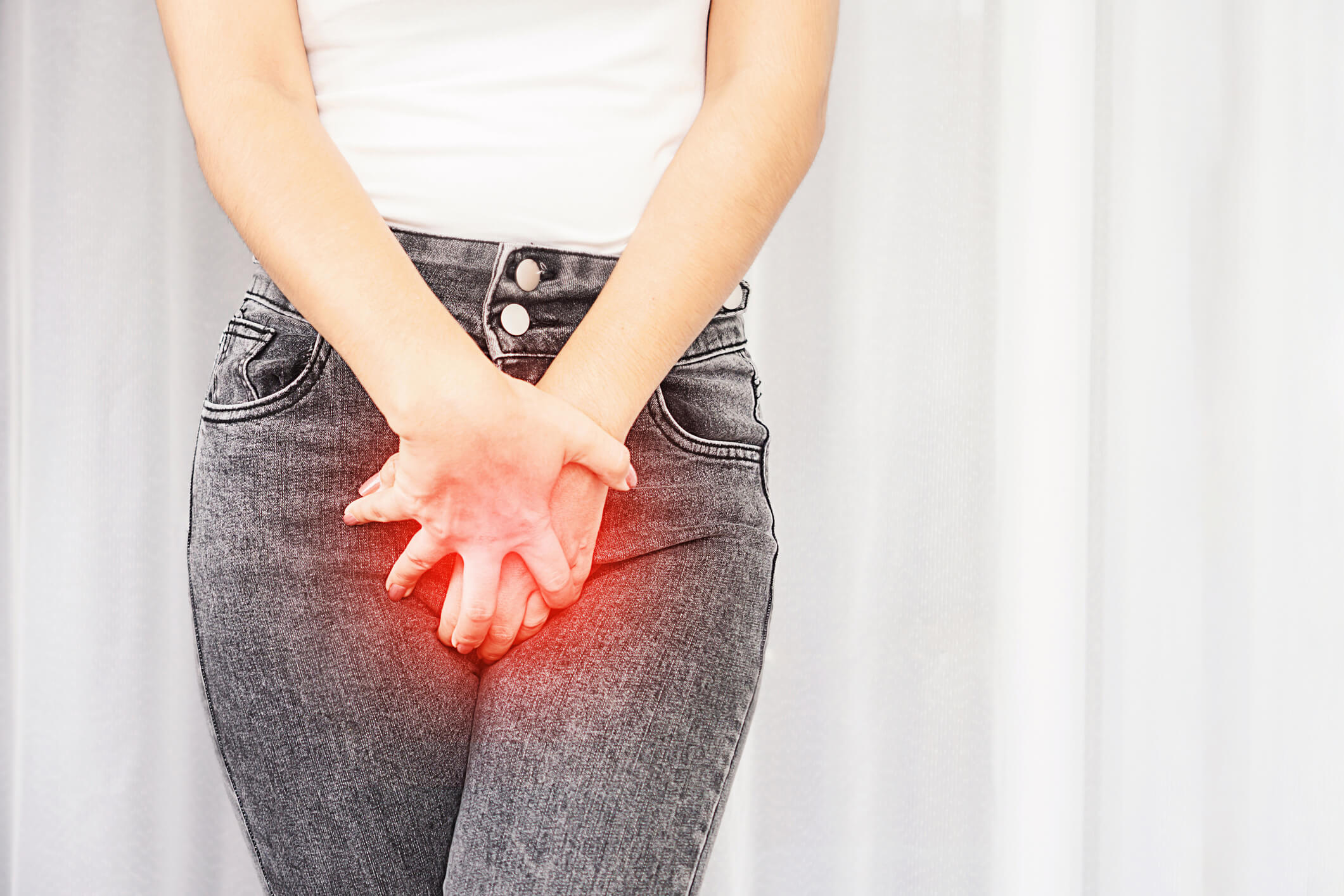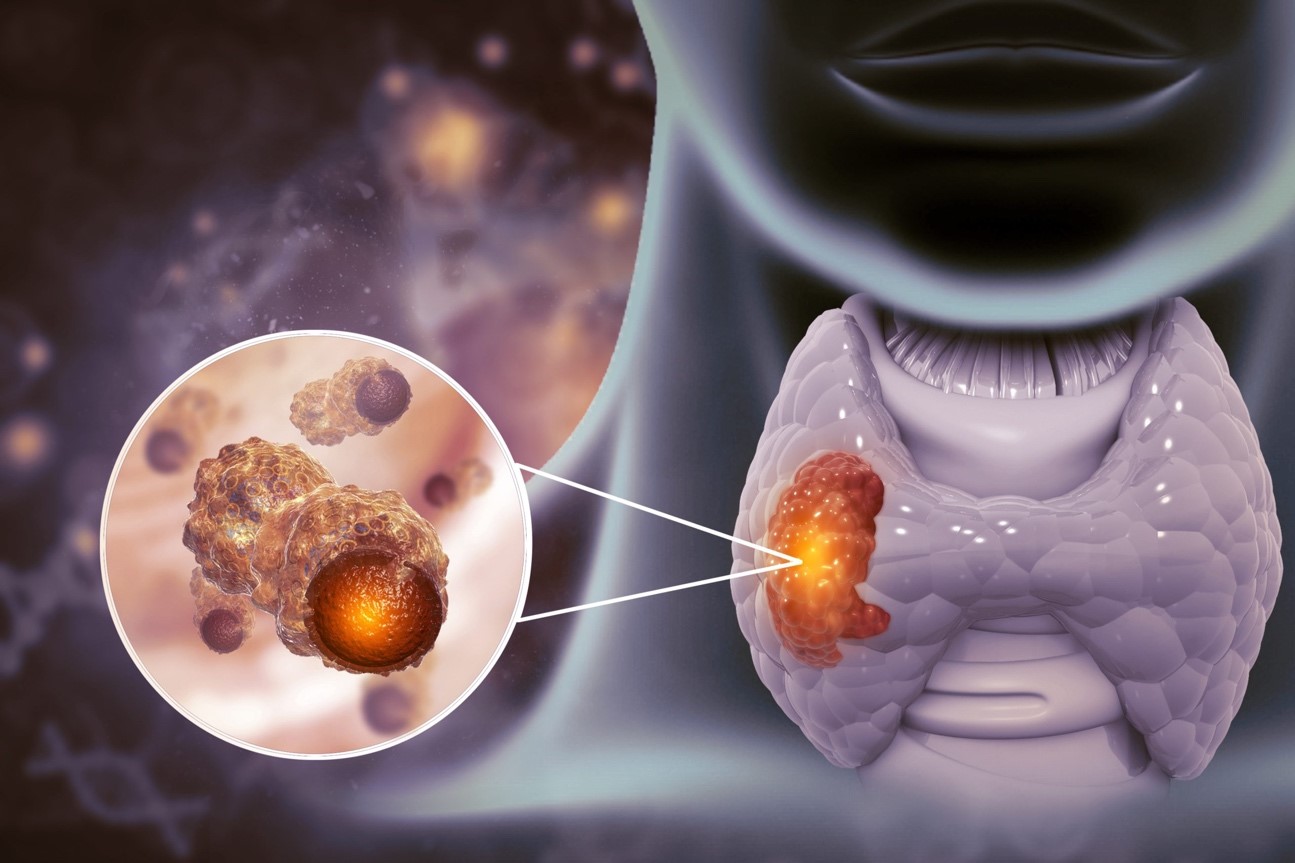Women's Health
Menopause Signs & Symptoms - A 7 Min Guide

The menopause is the natural ending of the menstrual cycle. If you have no menstrual period in twelve consecutive months, it is considered that you have gone through menopause. However, the menopausal transition will generally last longer than one year. The transition consists of three distinct phases: perimenopause, menopause and postmenopause. This transition will generally happen in a woman’s 40s or early 50s. The menopause marks the natural end of a woman’s fertility.
Perimenopause
The perimenopausal period is the time during which the menstrual cycle starts to change. During this time you may well start noticing irregularities in your cycle.
These irregularities are caused by a change in the function of the ovaries, making your periods vary in length and flow. One month can be abnormally heavy whilst the next, extremely light. Other symptoms of perimenopause include hot flashes/chills, vaginal dryness, weight gain, thinning of the hair, dry skin, difficulty sleeping and a lower libido.
There is no set time-frame for the perimenopausal phase, it varies from woman to woman, but it can last up to eight years. Some women will not have any signs of being perimenopausal at all. This phase is considered to be over only after twelve consecutive months with no periods. Symptoms can continue for up to four years after your last period.
Menopause
Menopause represents a full year during which a woman has not menstruated. Menopause is a natural phase in women’s life occurring as the ovaries slow, and eventually stop, production of progesterone and estrogen.
Postmenopause
The postmenopause period follows menopause and is the time when the hormones are stabilised at a low level with menopausal symptoms decreasing. You will no longer have periods and will no longer be able to get pregnant. Postmenopausal women may be at an increased risk of osteoporosis, cardiovascular disease, depression and changes in vaginal health.
What Are Estrogen And Progesterone & What Are Their Functions?
Estrogen and progesterone are the primary female sex hormones. They are responsible for the development of the female reproductive system, directing the behaviour and growth of sex organs.
The levels of estrogen and progesterone in the body increase as a female enters puberty. Progesterone is known as a pregnancy hormone. It is responsible for fetal development, while estrogen levels are responsible for the development of female characteristics.
The function of estrogen is versatile and is associated with the following:
- Reproductive system – reproductive organs start developing in puberty as a consequence of the increase in estrogen and progesterone secretion
- Heart and blood vessels – estrogen is found to have a significant impact on the cardiovascular system. It favourably influences the levels of the good (HDL) and bad (LDL) cholesterol. Estrogen also absorbs free radicals in the blood (these can damage arteries).
- Bones – estrogen aids bone elasticity. Once a woman is in menopause, her bones can become more fragile and osteoporosis may follow.
- Skin – estrogen controls the skin glands producing sebum substances, thus reducing skin acne and makes the skin clearer.
- Hair – the increase of estrogen causes hair to be finer and smoother and promotes head hair growth.
- Brain – estrogen helps to regulate body temperature. It influences sexual development and desire.
With a decreased production of estrogen, the menstrual cycle changes and finally disappears once there is no longer a sufficient level of hormone to trigger menstrual bleeding. At this stage, fertility declines as the menopausal transition begins.
When Menopause Occurs
Menopause affects every woman differently, both in terms when it occurs and how it manifests. In general, menopause comes between 45 and 55 years of age, however, it can also occur earlier than 45 and after 55.
The most important factor determining the onset of menopause, is your genes. Looking at when your mother and grandmother entered menopause may be the best indicator of when you will enter menopause.
However, menopause can occur abruptly, regardless of your age. This will generally be due to a direct external influence on your ovaries that causes them to stop producing hormones. It could be due to a surgical intervention such as an oophorectomy or a hysterectomy. In certain cases, chemotherapy, or radiotherapy may also affect hormone production.
Latest Articles
How Are Abdominal Hernias Treated?
What to Expect from Colorectal Surgery
How to Treat Breast Inflammatory Conditions
Gynaecomastia: Understanding Male Breast Cancer
How To Recognise Menopause – The Signs & Symptoms
Menopause does not usually arrive without warning signs. You will most likely notice physical and emotional changes in your body. Although menopause is unique to each woman, there are some signs that can be recognised as the onset of the perimenopausal phase.
Some of the visible physical changes typical of the menopausal transition are irregular periods, skin changes and weight gain.
Irregular Periods
Probably the first thing you will notice is that your periods are different. They may become erratic, both your cycle and bleeding may vary in duration from month to month – from very short, to unusually long. The flow of each period may vary too, from very heavy to very light. If you’re unsure, it’s worth consulting a gynaecologist to rule out other possibilities such as pregnancy or cancer.
Changes To Skin & Hair
During the perimenopausal phase, your skin may become thinner and lose elasticity. This occurs when decreased levels of estrogen impact on the collagen levels in the body.
As estrogen levels decline you may also notice hairs growing in unusual places, on the chin, for example. Simultaneously, hair on your head may thin or even fall out. This happens because while the ovaries decrease production of estrogen, they continue to produce testosterone, which is responsible for hair growth.
Weight Gain
Lack of estrogen may also result in a slower metabolism, which can lead to a gradual weight gain. Your waistline may get thicker despite no dietary change.
In order to control your weight, you may wish to consider increasing the level of physical exercise in your life. Exercise and healthy eating can also help prevent cardiovascular diseases and diabetes.
Hot Flashes
Although not every woman will experience hot flashes, the majority of women going through menopause will do so. The hot flashes are generally very short (10-15 seconds) but can last as long as 10 minutes. Typically, the upper part of the body will suddenly feel extremely warm, the cheeks turn red and the skin gets extremely sweaty.
Hot flashes vary in intensity, some may wake you from sleep and very strong ones can be difficult to cope with and may require medical assistance to regulate them. They typically occur several times a day and may be a regular part of your life for several years.
These hot flashes may be followed by a short chill. If you are experiencing severe hot flashes and finding that your daily life is negatively impacted by them, you can ask your health-care provider to prescribe medication to help control them.
In addition to medical intervention, is is also possible to control the intensity of the hot flashes by avoiding spicy food, hot drinks, caffeine, tobacco and alcohol. You should always ensure that your body is well hydrated.
Mood Changes
Hormones play an important role in regulating our emotions. As hormone levels fluctuate during menopause, it should be of no surprise that emotions and moods are noticeably affected. Many women, during menopause, find themselves getting easily irritated, hurt, anxious or depressed.
Women going through the perimenopausal phase (when mood changes generally occur) are often, also, dealing with other life changes at the same time: teenaged children, or children leaving home, new levels of responsibility at work, responsibility for aging parents – it may be that high levels of stress, combined with the hormone changes are leaving women feeling tired, anxious and out of control.
While it is certainly possible to take antidepressants whilst experiencing this symptom of the menopause, it is also possible to try and control it yourself through calming exercise such as yoga. Some suggest that St John’s wort can be beneficial.
Vaginal Dryness
Vaginal dryness is also caused by the decrease in estrogen levels during the perimenopausal phase. The vagina becomes drier as vaginal secretions diminish during menopause. This can cause itching, irritation and pain during intercourse.
A very rare condition that may be provoked by vaginal dryness is known as vaginal atrophy. This is where the vaginal walls become inflamed. If not treated it can make intercourse all but impossible.
Water-based vaginal moisturisers may help prevent dryness. If these don’t work then there are estrogen creams and vaginal rings you can use. Vaginal elasticity can also be maintained through regular stimulation, according to experts.
Urinary Incontinence
A considerable percentage of women older than 50 experience some urinary incontinence caused by the loss of elasticity in the urethra.
Urinary incontinence can occur during sneezing, coughing or laughing. You may also find you need to pass urine more regularly than previously, even when your bladder isn’t full. It is also common to suffer from more urinary tract infections at this stage in life.
Pelvic Floor Exercises will improve the strength of the pelvic muscles, giving you more control over the release of urine.
Problems Sleeping
Although insomnia is considered to be part of the general ageing process, poor sleep is a very common complaint of women going through the perimenopausal phase.
Some women are woken by hot flashes, others sleep right through them but it is thought that even when women sleep through them, their sleep is still disturbed. At this stage in life, some women will have difficulty falling asleep while others will find they sleep for a while before waking early and then struggling to get back to sleep.
There are some natural supplements you can take that will improve your sleep quality. Before taking any on your own, it is important to talk to your doctor and to decide together.on the one best for you.
Conclusion
Every woman goes through the menopause, ending her menstrual cycle and her fertility. Many will find the symptoms problematic and difficult to deal with but most are treatable through natural remedies and lifestyle adjustments.
Read this next ...
WHO WE ARE
About SOG Health Pte. Ltd.
Established in 2011, SOG Health Pte. Ltd. (“SOG”) is a leading healthcare service provider dedicated to delivering holistic health and wellness services to the modern family.
With a long and established track record in Singapore providing Obstetrics and Gynaecology (“O&G”) services such as pre-pregnancy counselling, delivery, pregnancy and post-delivery care, the Group has since further expanded its spectrum of healthcare services to include Paediatrics, Dermatology, and Cancer-related General Surgery (Colorectal, Breast & Thyroid).
The Group’s clinics, under its four operating segments of O&G, Paediatrics, Oncology and Dermatology, are strategically located throughout Singapore to provide easy access to its patients.
- Obstetrics
- Gynaecology
- GynaeOncology
- Breast, Thyroid & General Surgery
- Colorectal, Endoscopy & General Surgery
- Dermatology
- Paediatrics
Consult With A Specialist From SOG
Visit one of our specialists today to learn more about your health!
Recommended Gynaecologists
Book An Appointment
Fill up this form and our clinic will get back to you shortly.
For general enquiries, please click here.








